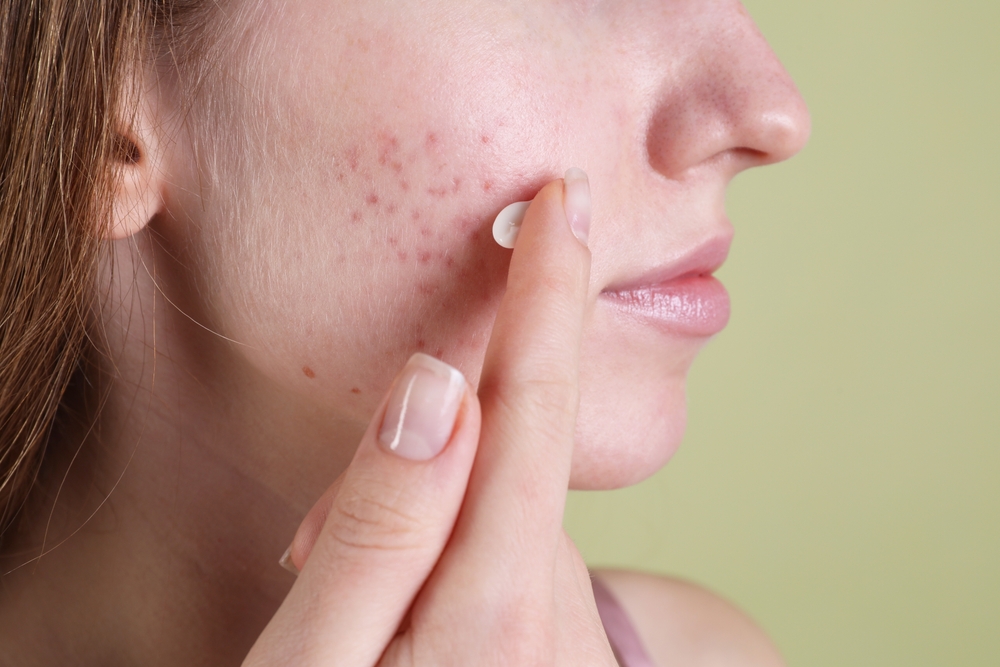Is Laser Acne Treatment Suitable for Different Skin Tones?
Yes, laser acne treatment can be suitable for different skin tones, but the type of laser and specific treatment settings must be carefully chosen to ensure safety and effectiveness. Skin tone can influence how the skin absorbs laser energy, making it important to tailor the approach based on individual skin characteristics. Here's how different skin tones are typically considered in Laser Acne Treatment in Dubai:
Laser Treatment and Skin Tone Sensitivity
Laser energy works by targeting specific structures in the skin, such as pigments, blood vessels, or sebaceous (oil) glands. However, darker skin tones contain higher melanin levels, which can make the skin more sensitive to certain laser wavelengths.
This can increase the risk of hyperpigmentation, hypopigmentation (light or dark spots), or burns if the wrong laser is used or if settings are too intense. For this reason, professionals use specific lasers and techniques designed to minimize these risks for individuals with darker skin tones.

Best Laser Options for Different Skin TonesLight to Medium Skin Tones
Light and medium skin tones are generally less reactive to a broader range of laser wavelengths, making it easier to find suitable options. Common laser types, such as pulsed dye lasers (PDL), Nd
, and diode lasers, can be used effectively with fewer risks of pigmentation changes. Fractional lasers, which treat only a fraction of the skin at a time, can also be safely used for mild to moderate acne or for post-acne scarring.
Olive to Dark Skin Tones
For individuals with darker skin tones, lasers are often the preferred choice.
lasers have a longer wavelength that bypasses the melanin in the skin's surface and penetrates deeper into the layers where it can target acne-causing bacteria and sebaceous glands without affecting the skin's pigment. Additionally, certain types of fractional lasers and radiofrequency (RF) devices combined with lasers can be safe for darker skin tones, as they focus more on stimulating collagen and reducing acne without directly impacting the pigment.
Precautions for Laser Acne Treatment on Darker Skin Tones
For those with medium to dark skin tones, taking specific precautions can help minimize risks and ensure the best possible results:
Patch Testing: A patch test is often done before the full treatment to observe how the skin reacts to the laser. This helps dermatologists determine the safest laser settings for individual skin tones.
Custom Settings: The laser intensity and frequency are typically adjusted to avoid overly aggressive treatment, which could lead to unwanted side effects.
Experienced Practitioners: Working with a certified dermatologist who has experience treating acne in a range of skin tones is crucial. They can recommend the most appropriate laser and settings to ensure the treatment is safe and effective.
Aftercare for Different Skin Tones
Post-treatment care is essential for all skin tones but especially for those with darker skin. The skin may be more susceptible to pigmentation changes following laser treatment, so patients are often advised to:
Use Sun Protection: Applying broad-spectrum sunscreen (SPF 30 or higher) is vital to protect treated areas from UV exposure, which can worsen pigmentation issues.
Gentle Skincare: Avoid using exfoliants, strong acids, or retinoids for a week post-treatment, as these can irritate the skin and increase the risk of pigmentation changes.
Moisturize Regularly: Keeping the skin hydrated helps to support healing and reduce dryness, which can be more pronounced in sensitive skin following laser treatment.
Alternatives for Acne Treatment on Darker Skin Tones
For those with dark skin tones who may be cautious about laser treatments, there are alternative treatments to consider. Options such as chemical peels, microneedling, and light-based therapies like blue light therapy offer ways to treat acne with lower risks of pigmentation issues. These treatments can help address acne by targeting bacteria and inflammation without affecting skin pigment.
Final Thoughts: Finding the Right Treatment
Laser acne treatment can indeed be suitable for different skin tones with the right precautions, laser selection, and aftercare. Consulting with a knowledgeable dermatologist is essential to tailor a treatment plan that considers individual skin type and acne severity, ensuring the safest and most effective approach to clear, healthy skin.